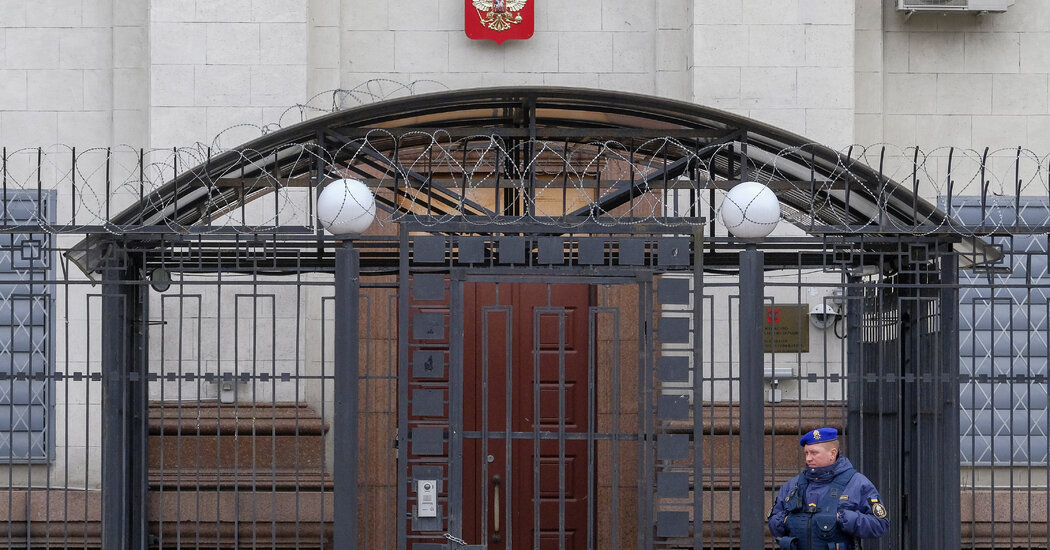
U.S. officials saw Russia’s embassy evacuations coming. “We have information that indicates the Russian government was preparing to evacuate their family members from the Russian Embassy in Ukraine in late December and early January,” a U.S. official said in a statement.
Ukrainian officials say they saw the Russians leave.
But that leaves open the question of what, if anything, the Russians were signaling.
It is possible they were trying to bolster the case that the United States and its Western allies should take seriously their demands that Ukraine can never join NATO, and that troops, nuclear weapons and other heavy weaponry must be removed from former Warsaw Pact states, like Poland, that were once allied with the Soviet Union.
It could also be that the Russians were trying to indicate that an attack was brewing, though there were no other signals. In fact, the buildup of Russian troops on the Ukrainian border is not increasing at a rate that Pentagon officials expected a month ago.
The latest U.S. estimates are that about 60 battalion tactical groups, known as B.T.G.s and each with an average of 800 soldiers, are now in place at the border with Ukraine. Combined with other local forces, the Russians have about 77,000 troops at the border, with more on the way. Others put the figure at closer to 100,000 — much depends on how different forces are counted — but that is well short of the Pentagon’s estimate more than a month ago that the total number could rise to 175,000.
U.S. and European intelligence and military officials say Mr. Putin may be waiting for the ground to freeze, making it easier to get heavy equipment over the border. Or he may be building up slowly, for diplomatic advantage, as he awaits a written reply from the Biden administration and NATO to his demands that they roll back NATO’s military posture to what it was 15 years ago — much farther from Russia’s borders.
While U.S. officials still believe Mr. Putin is undecided about his next move, officials in Kyiv are assessing what an attack may look like, if it happens. It could come in the form of a full-on invasion, the Ukrainian security official said. Or Russia could launch a cyberattack on the Ukrainian energy grid — far larger than the ones conducted in 2015 and 2016 — combined with military escalation in Ukraine’s east, where Russian-backed separatist forces remain deeply entrenched.




